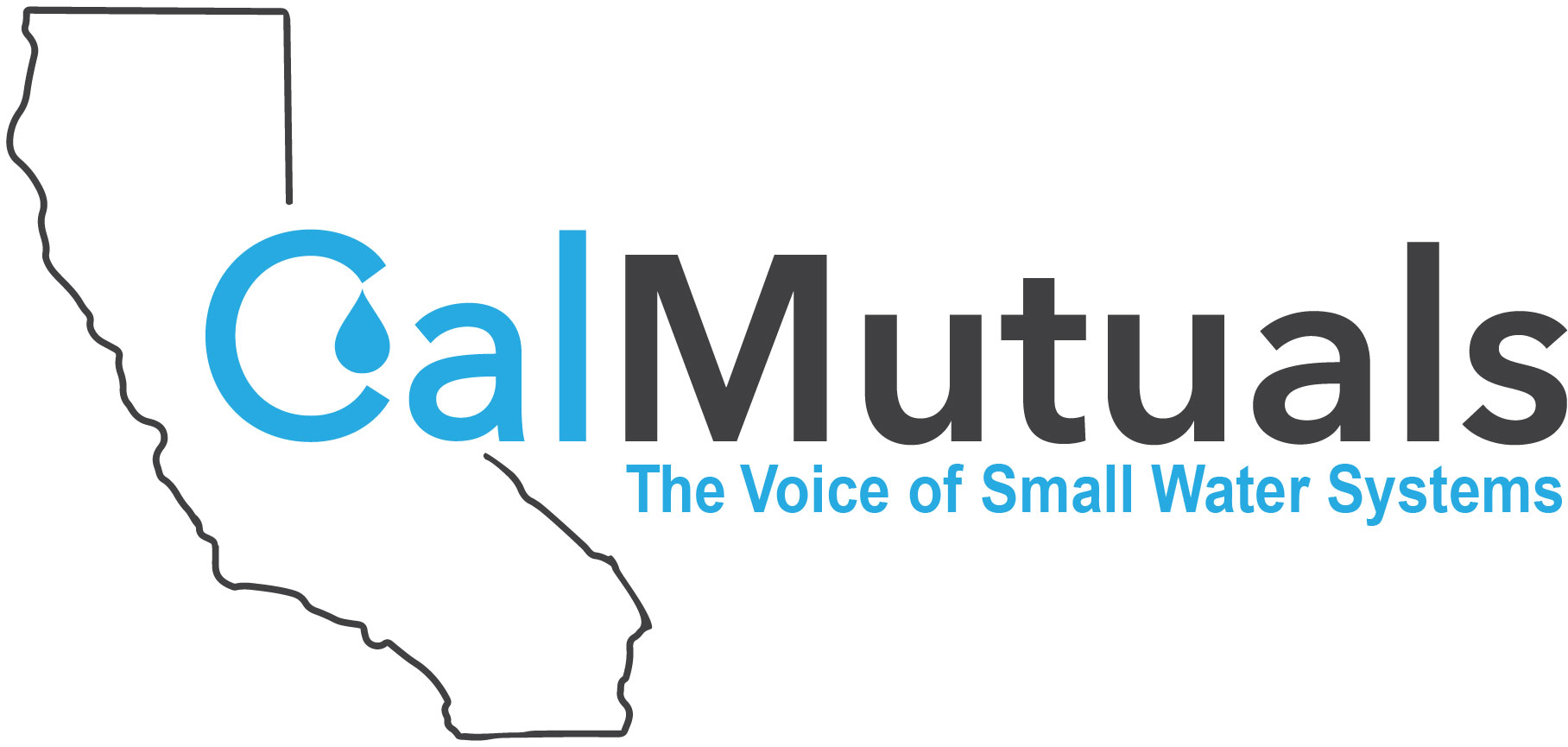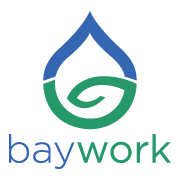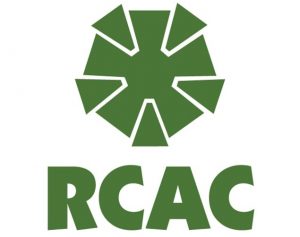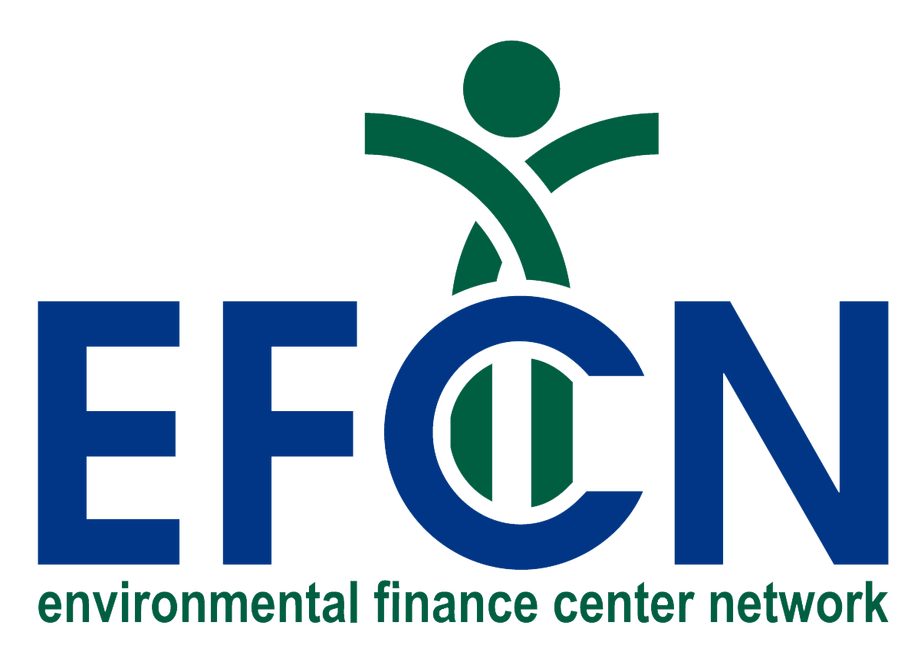CalWARN 101 Webinar: The Basics for CalMutuals Members
Webinar OnlyCalWARN 101 Webinar: The Basics for CalMutuals Members Per SB 552 (Hertzberg), small water suppliers with 15 to 2,999 connections will be required by January 1, 2023 to maintain membership with CalWARN or a similar mutual aid organization in an overall initiative to increase drought resiliency for water systems. CalMutuals and the California Water/Wastewater Agency Response Network (CalWARN) are hosting an informational webinar to discuss the resources CalWARN members are offered and SB 552 expectations. CalMutuals encourages its members to attend our webinar for further information regarding the SB 552 mutual aid membership requirement. Visit https://caomwc.wildapricot.org/event-4960892 to register. To facilitate 100% compliance with this requirement by our members, CalMutuals is launching a CalWARN Challenge. Register with CalWARN by October 1, 2022 and click HERE and complete the CalMutuals CalWARN Challenge entry form to let us know you did so. Membership dues for 2023 will be waived for the first 15 mutual water companies to register. All others will be entered into a drawing for $500 to support your company’s needs.




